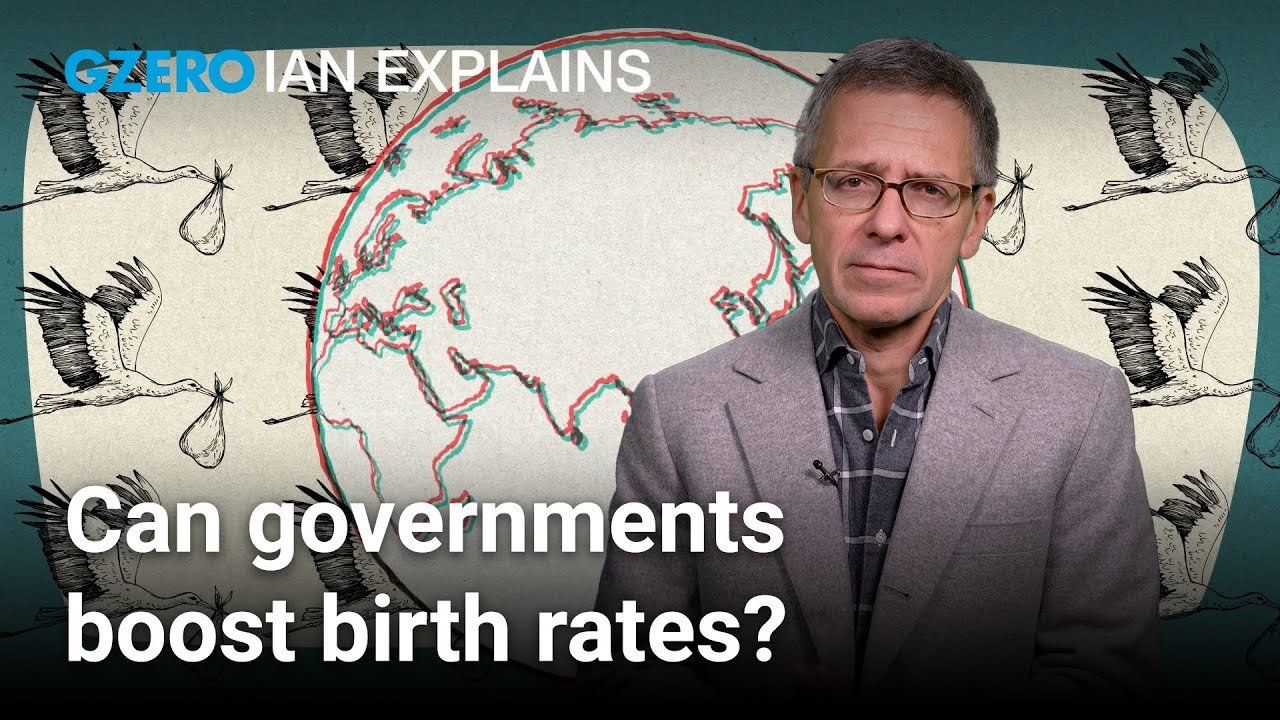WHAT WE’RE WATCHING
India’s water shortage – An Indian government think tank has warned that 600 million people in that country are at risk of extreme water scarcity and that 21 cities are likely to run out of groundwater in the next two years. This is not just about thirst. About 80 percent of India’s water is used for agriculture. Less water means lower crop yields, less food, higher food prices, and, perhaps, future political upheaval.
God’s Wrath on Rodrigo Duterte –In a country where more than 80 percent of the population is Roman Catholic, President Rodrigo Duterte responded to recent criticism from religious workers this week with a profanity-heavy speech in which he criticized God for casting Adam and Eve from Eden: “Who is this stupid God? He’s really stupid. You created something perfect, and then you think of an event that would tempt and destroy the quality of your work,” Duterte said.
Reindeer Zero Tolerance – Jon Georg Dale, Norway’s agriculture minister, says that, without a new bilateral deal to regulate grazing, his country will kill any Swedish reindeer that crosses his country’s border. #FatherChristmasLawyersUp
Ali Beiranvand – Your Signal authors are sick of hearing that Ronaldo “missed” that penalty kick in Portugal’s World Cup match with Iran. Alireza Beiranvand, Iran’s superlative goalkeeper, blocked that kick. We admire Beiranvand’s skill. More than that, we salute a once homeless young man, the son of nomads, who slept on the street outside the Tehran football club he hoped would one day give him a spot. Iran did not advance to the World Cup knockout round, but Ali Beiranvand can forever say that, when his moment came, he batted down a challenge from the (arguably) greatest player in the world.
WHAT WE’RE IGNORING
Warnings that immigrants bring crime – Multiple studies have shown that immigrants commit crimes at much lower rates than native-born citizens, and some have found that crime rates tend to drop in places where large groups of immigrants are admitted. With a hat tip to Josh Marshall, here are three. Click here, here, and here.
November 4 – The Trump administration announced this week that anyone buying Iranian crude oil after November 4, 2018 is subject to sanctions. On November 4, 1979, Iranians stormed the US embassy in Iran and took more than 60 hostages, triggering an historic 444-day standoff. We can ignore this, because it’s surely not intentional. But as coincidences go, that’s a good one.
Boris Johnson – Britain’s foreign minister claimed this week that President Trump reversed course on the policy of separating children from their parents because Britain’s Prime Minister Theresa May told him to. “No sooner had she spoken than the president signed an executive order repealing the policy,” said Mr. Johnson. #BorisOnCrack
